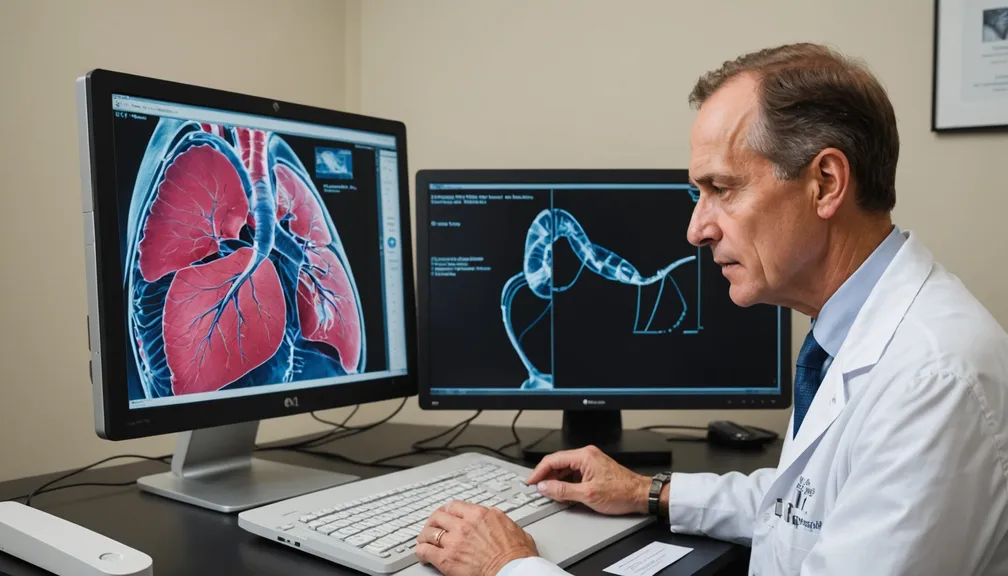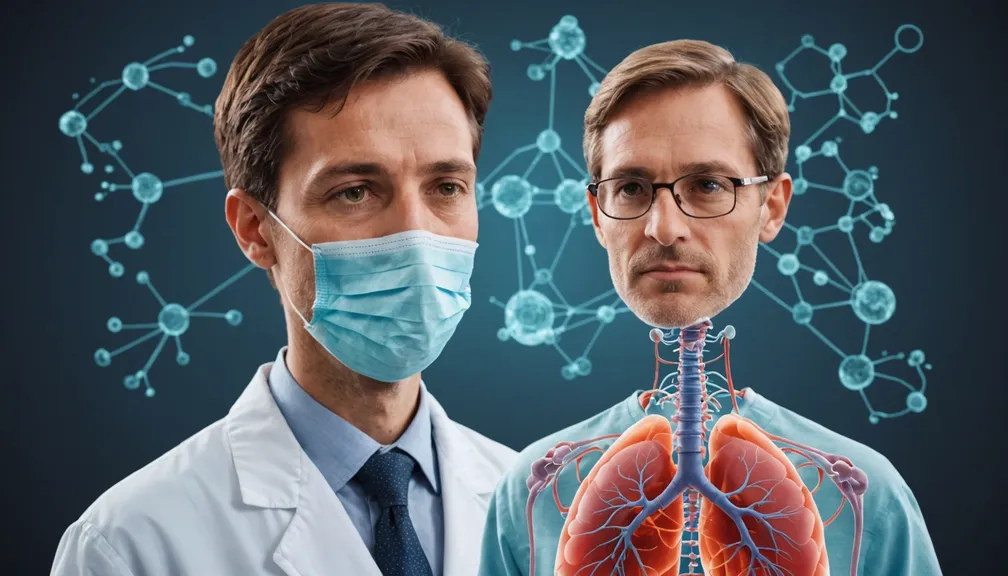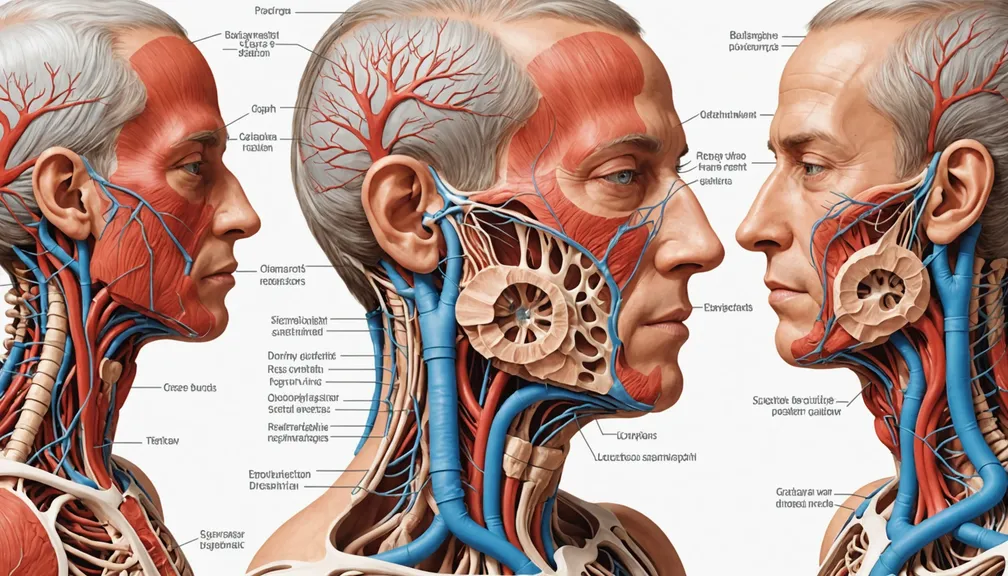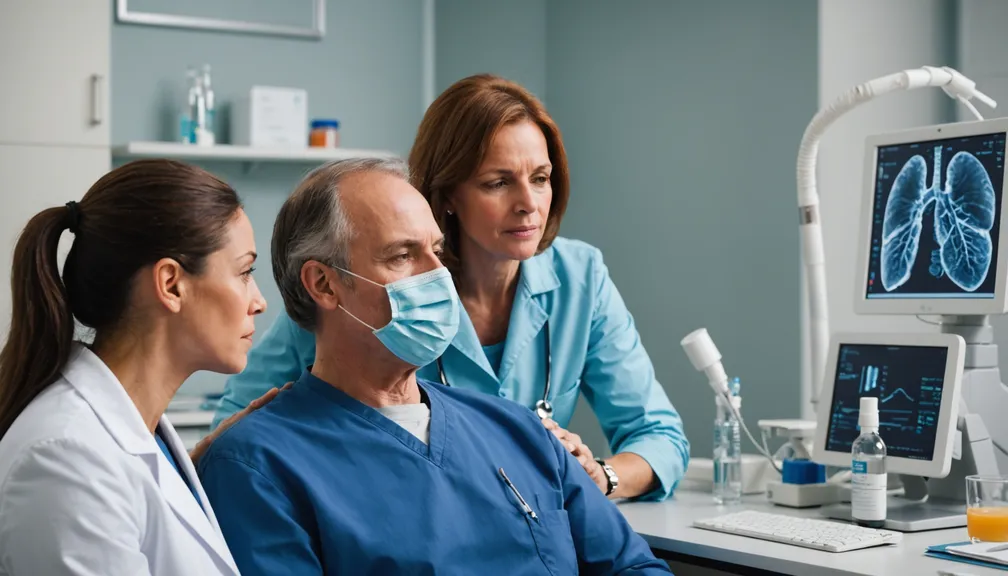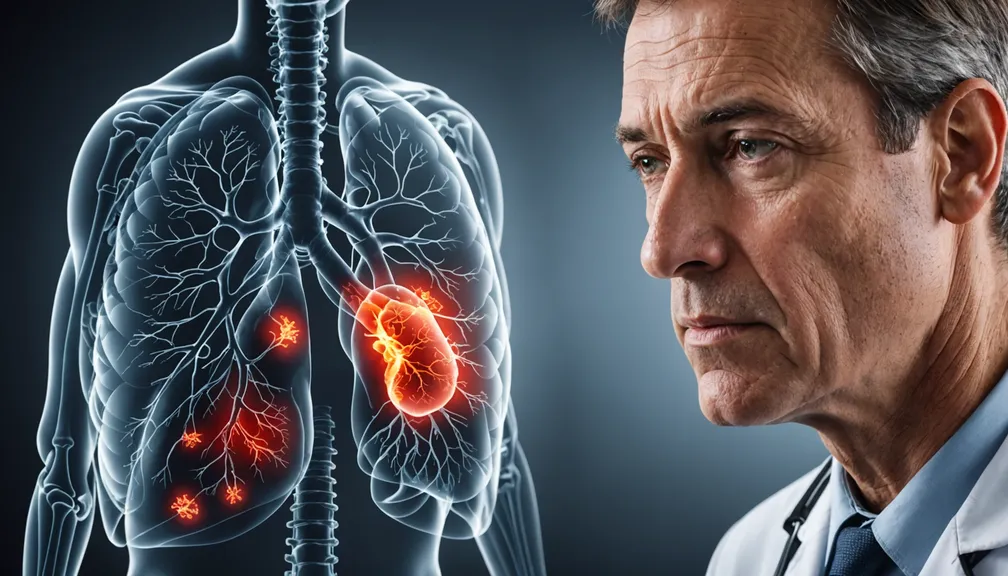Symptoms of Rare Lung Diseases: What to Look For
Common Symptoms of Rare Lung Diseases
Understanding the symptoms of rare lung diseases can help in recognizing potential issues early. Here are some key symptoms to be aware of:
1. Breathing Difficulties
- Shortness of Breath: Feeling out of breath during everyday activities or even at rest.
- Wheezing: A high-pitched whistling sound when exhaling, which may indicate narrowed airways.
2. Chronic Cough
- Persistent Cough: A cough that lasts for several weeks or months without improvement.
- Dry or Productive Cough: A dry cough does not produce mucus, while a productive cough brings up phlegm.
3. Fatigue and Weakness
- Constant Tiredness: Feeling unusually tired despite adequate rest.
- Muscle Weakness: Reduced strength in muscles, making physical activities more challenging.
4. Chest Pain or Discomfort
- Sharp or Dull Pain: Discomfort in the chest that may worsen with deep breaths or coughing.
- Feeling of Tightness: A sensation of pressure or tightness in the chest area.
5. Unexplained Weight Loss
- Significant Weight Drop: Losing weight without trying, which may be a sign of an underlying condition.
6. Clubbing of Fingers
- Rounded Fingertips: Enlargement and rounding of the fingertips, often a sign of chronic oxygen deficiency.
7. Other Less Common Symptoms
- Night Sweats: Excessive sweating during the night.
- Fever: Low-grade fever without an apparent cause.
- Frequent Respiratory Infections: Recurring infections like bronchitis or pneumonia.
Recognizing Early Signs
Early detection of rare lung diseases can lead to better management and treatment outcomes. Pay attention to the following early signs:
- Gradual Onset of Symptoms: Symptoms that develop slowly over time rather than suddenly.
- Persistent Changes in Breathing: Any ongoing changes in your ability to breathe properly.
- Unusual Fatigue Levels: Feeling more tired than usual without a clear reason.
- Changes in Cough Patterns: A cough that changes in frequency, intensity, or nature.
Understanding Symptom Progression
Rare lung diseases can progress differently depending on the specific condition. Understanding how symptoms may change can aid in timely intervention:
- Worsening Breathlessness: Increasing difficulty in breathing, especially during physical activities.
- Increased Cough Severity: A cough that becomes more frequent or severe over time.
- Enhanced Fatigue: Growing feelings of tiredness that interfere with daily activities.
- Development of Respiratory Infections: More frequent or severe lung infections indicating compromised lung function.
When to Consult a Healthcare Professional
Knowing when to seek medical advice is crucial for effective management of rare lung diseases. Consider consulting a healthcare professional if you experience:
- Persistent Symptoms: Symptoms that last longer than a few weeks without improvement.
- Severe Breathing Issues: Difficulty breathing that interferes with daily activities or sleep.
- Unexplained Weight Loss: Losing weight without changes in diet or exercise.
- Recurrent Infections: Frequent respiratory infections despite treatment.
Types of Healthcare Providers Who Can Help
Managing a rare lung disease often requires a team of specialized healthcare professionals. Here are some key providers who can assist:
Pulmonologists
- Specialists in Lung Health: Doctors who diagnose and treat respiratory conditions.
- Role: Conduct lung function tests, interpret results, and develop treatment plans.
Respiratory Therapists
- Lung Care Experts: Professionals who assist patients in managing breathing difficulties.
- Role: Provide breathing exercises, administer inhaled medications, and offer support for ventilation needs.
Physical Therapists
- Movement and Mobility Experts: Help improve physical strength and endurance.
- Role: Design exercise programs to enhance respiratory muscles and overall fitness.
Nutritionists
- Dietary Specialists: Assist in maintaining proper nutrition, which is essential for managing chronic illnesses.
- Role: Create meal plans that support lung health and address weight management needs.
Mental Health Professionals
- Psychologists and Counselors: Support emotional well-being and mental health.
- Role: Provide strategies to cope with the psychological impact of living with a chronic disease.
Early recognition of symptoms and timely consultation with healthcare professionals can make a significant difference in managing rare lung diseases. If you or a loved one experience any of the symptoms mentioned, reaching out to a specialist can lead to better health outcomes and an improved quality of life.
